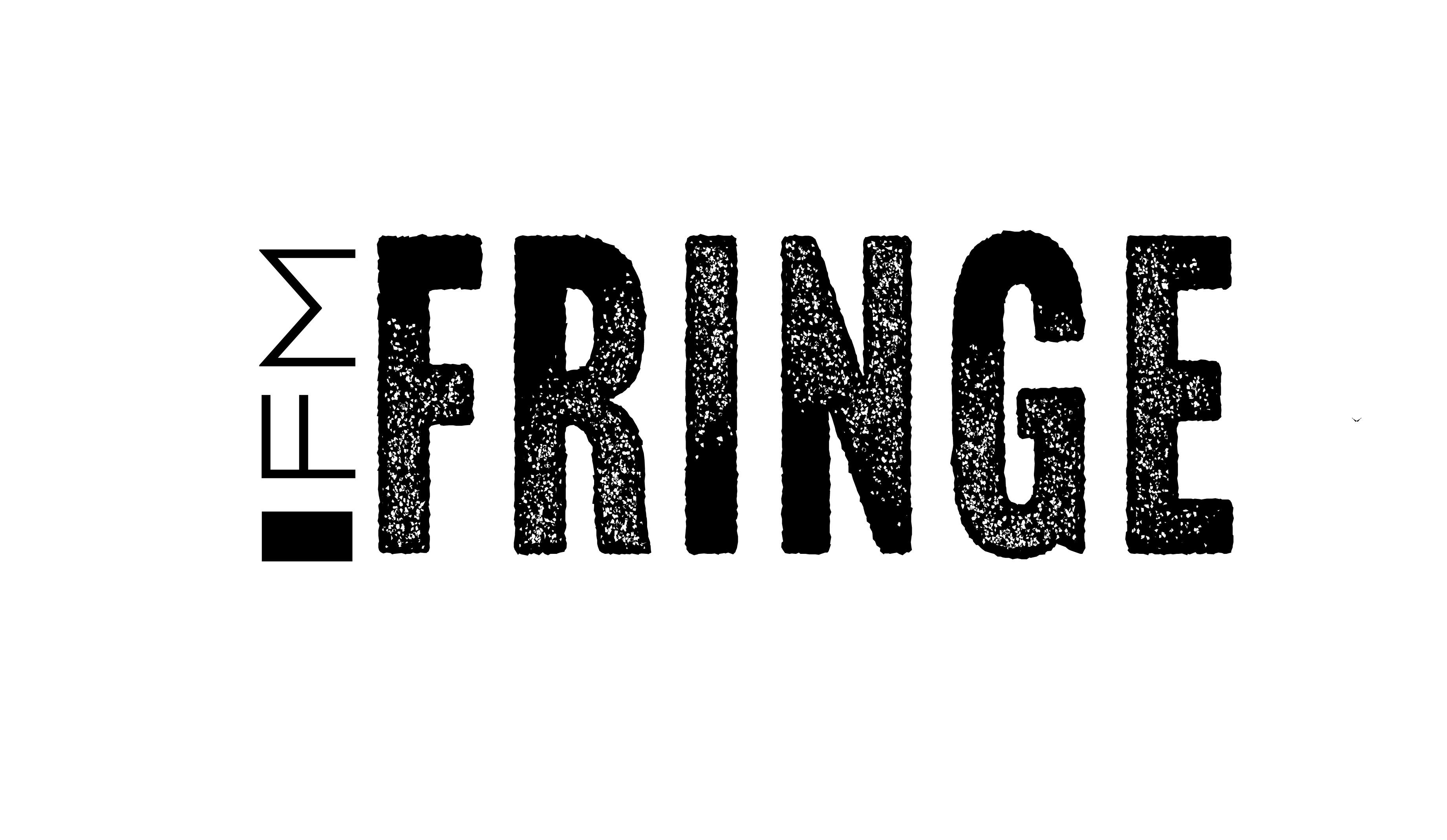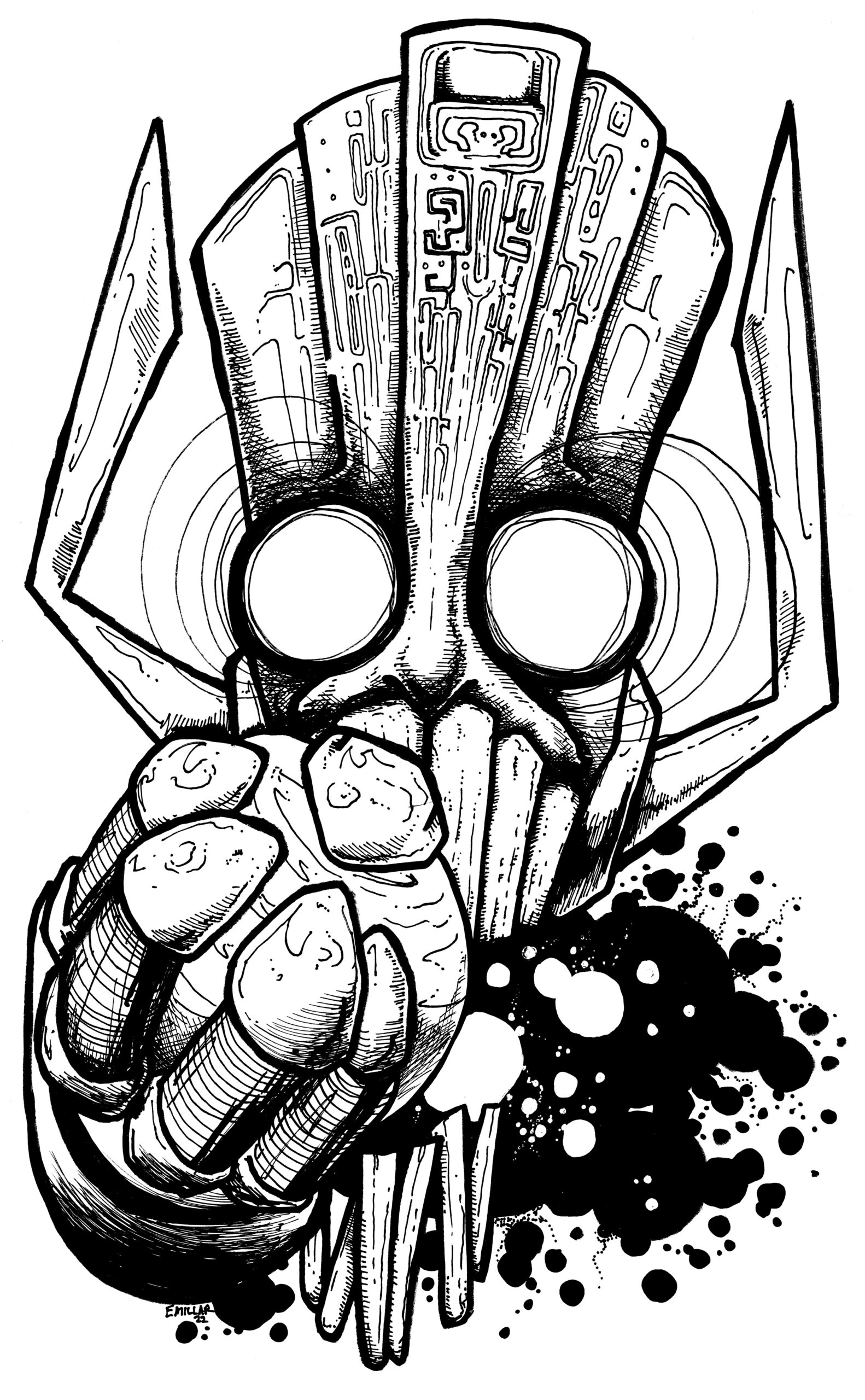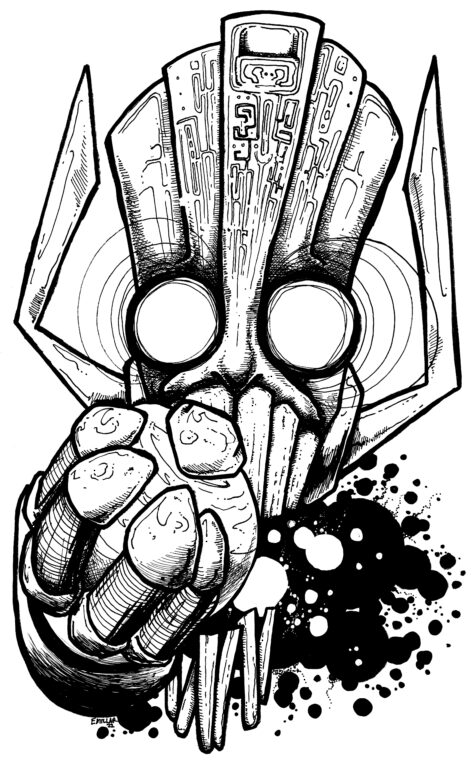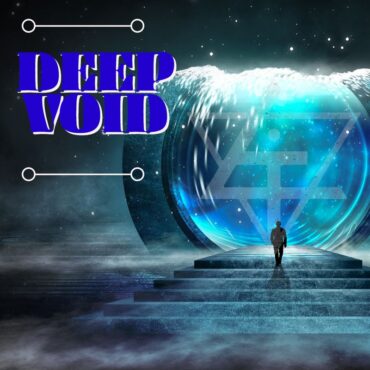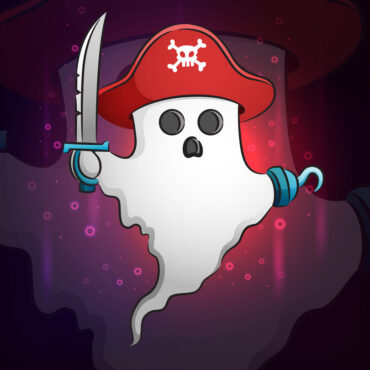-
play_arrow
New 365
-
play_arrow
KTLK-dB RADIO ONLINE 24/7
written by Eric J Millar of OUTLET PRESS MEDIA and reposted here with his permission. The rest of the series will be posted here on the Fringe FM’s blog serially!
00. THE EATER OF WORLDS
AN INTRODUCTION
At the center of nothing sits a chamber with a single occupant. He is a scientist and he failed his people and the entirety of the universe. He built that chamber as an ark, of sorts, to try escaping but it didn’t work.
He couldn’t save them. He couldn’t save anyone. Not even himself.
It all contracted around him in that chamber, everything turning into cold nothing in a matter of moments.
Where did it all go?
Where did all the matter and energy and spirit go?
It had to go somewhere and the only place left was that chamber and that fallen man. It flowed through him, eradicating the man that had been and imbuing him with a power and awareness that none had ever known before, before all that matter and energy and spirit could not contain itself anymore.
The universe exploded forth, renewed and reborn, both old and new at the same time. And at its center sat the changed man in his chamber. He too was renewed and reborn.
He was bigger now, taller and stronger. He felt a new power coursing through his veins. His awareness spread across all of existence but even with that there was something nagging at him.
He couldn’t remember.
He couldn’t remember what had come before or what he had seen in that chamber. He didn’t know love or anger or happiness, not anymore.
Has he always been this way?
There was only one thing he knew and it surged through his new body and being like it was his very soul.
All he knew was hunger.
Endless, unceasing hunger.
Time passed and the Titan developed a reputation for this hunger because this hunger was for planets. Worlds full of life and energy that the Titan would drain and destroy with the infernal machines he had crafted to extract those vital materials.
He had become death and there was so little left of his humanity that he didn’t even know it had gone. Cultures would bow down before, gnash their teeth in defiance of him, and all would still fall before his appetite.
Then someone reminded him of what he had been. A ghost from deep within the Titan, from long ago, before history had started.
The Titan had found a perfect meal of a planet and had begun the process of extraction when a desperate man made a desperate plea.
The man was a scientist and wanted only to save his world from annihilation. He offered himself up as a servant and guide, one that would find more suitable meals for the Titan, ones not requiring so much destruction or death in their rendering.
The Titan felt an echo in this sacrifice, one that resonated deep into his heart. The Titan would take this offer and make this man his herald. The planet would be spared for the price of a single man and his service.
Later, so much later, this titan arrived on a blue planet teeming with life. It would be a feast. It would satisfy his hunger for a time.
The Titan didn’t expect what came next.
The little blue planet, this insignificant ball of nourishment, had champions. They dispatched his herald and allied themselves with a god who fancied himself a collector of both history and cosmic antiquity. Inside that collection sat a weapon, THE weapon, that could stop the Titan dead in his path.
With a heavy heart and an empty belly the Titan was defeated, left to find a meal elsewhere.
It’s a compelling story.
The remnant of a past universe being reborn as a Titan of hunger and devastation, led through the universe by their most base drives. It’s almost biblical in its scope and grandiosity. It’s the story of Galactus, the eater of worlds, master of such heralds as The Silver Surfer, Starfire, and Terax, and the enemy of The Fantastic Four.
It’s not just that it’s a potent story. It’s the stuff of myths, legends, and even religion. That right there is the stuff of humanity, filtered through a new mythology.
That, right there, is the stuff of magic.
In 1997, when Grant Morrison was launching his and Howard Porter’s take on the Justice League, he stated that these heroes were our new pantheon and their watchtower on the moon was their Mount Olympus. He based his choice of team membership on the Greek gods: Superman as Zeus, Wonder Woman as Hera or Aphrodite, Aquaman as Poseidon, Batman as Hades, and The Flash as Hermes.
This incarnation of the Justice League would be THE Justice League. Nothing but the most mythic and strong. This version of the team even got the moniker “The God Squad” amongst fans.
I ate this shit up as a kid. I was so hungry for this kind of epic storytelling and I wouldn’t miss a single issue. Every story arc was treated with the largesse of legend and when you filtered it through the Grant Morrison `Gods as analogues to myth’ narrative it only added to the dietic flavoring.
Looking back on all of that now, over twenty years later, I can’t help but think Grant’s idea of superheroes as a comparative mythology was a mistake, one that robbed the potency of the actual potential of the heroes.
I think this is what a lot of people get hung up on when utilizing these characters in their magical practice. Texts on chaos magic bring up superheroes, time and time again, stating that they can easily replace the more traditional deities. I can’t help but disagree. You can’t treat them as analogues or fillers because that’s not what they are.
I don’t think these characters are best served by comparisons to previous myths or even by the depth of their own continuity. They shouldn’t be measured by their place in the hierarchy of pop culture or spread of their commercial pollination. These characters should be defined by their core essences, by the archetype each of them embody. The luminous germ within the commercially toxic chafe.
Superman isn’t Zeus.
He isn’t years of individual stories written about him.
He’s certainly not his toys and t-shirts.
He’s an orphan, raised by a couple of rural folk and taught that truth and justice mean far more than personal gain.
He’s a beacon of purity and hope, standing strong against even the most impossibly strong oppressors.
Comic books contain a vibrant and expansive mythological thread. Certain individuals may find that superheroes don’t have the same intellectual clout as more traditional fare but that doesn’t mean it’s true. This is why I want to approach these characters differently, not as corporate icons or a collection of disparate stories by a myriad of creative teams but instead as myths in their own right, free of anything beyond their most basic themes, iconography, and a selection of narrative landmarks.
These characters were once just ideas, pure and simple, back before they turned into grist for the intellectual property mill. They were vehicles for desires, warnings, and idealism.
Perhaps it’s time to give that back to them.
Stan Lee and French visionary cartoonist Jean “Moebius” Giraud did two issues of Silver Surfer where Galactus returns to Earth and faced that very question. In Parable, the Titan is received as a savior instead of a living apocalypse.
A group of enterprising zealots adopt his visage as a way to get one over on people. The story had been written in the dawn of the televangelist movement and the world devourer had provided the perfect metaphor for that particular cultural parasite.
What it also provides is the perfect metaphor for what I think is wrong with many approaches to how people might use superheroes in their magic.
When I think about these heroes I don’t think about gods. I don’t think anyone should. These characters are supposed to be human. Even aliens, robots, and fallen gods are supposed to represent some aspect of human experience.
They’re vulnerable.
They’re emotional.
They feel deep love and hate and all those other things that humans are supposed to feel.
These characters were never meant to be gods. They were meant to be mirrors.
What if there were other realities, ones where individuals with power exist and that the adventures we see in comics aren’t actually fiction but are instead channeled visions of those exploits? In the late nineties and early 2000’s, this was a popular thread in comics. Planetary by Warren Ellis and John Cassaday and Grant Morrison’s The Filth are both great examples. In those stories characters were able to breach the barriers between the world of fiction and reality.
Believe it or not there is some actual scientific theory out there that partially supports that idea. The Many Worlds Interpretation was a theory put forth by Hugh Everett in 1957 that says every branch of possibility could also be a new and different reality where those possibilities could be real.
I don’t believe that we’ll be seeing fictionauts traveling from the world of comics into our world any time soon but that doesn’t mean that I can’t treat that concept as a very real possibility. Isn’t that all it takes? A little bit of belief is the seed for changing ink on paper into miraculous beings. It’s worked for religions for hundreds of years so why not this?
Alan Moore has a concept he calls Ideaspace. It’s a plane of existence where the imaginal not only resides but is also as real as the hand at the end of your arm. The emissaries from all corners of the imagination rub shoulders there, including the gods and other focuses of worship like the saints.
With that in mind I propose that superheroes can be the extra dimensional saints and secret teachers of the imagination, coming at us in colorful costumes and a flair for the dramatic from a reality just a couple neighborhoods away. If you’re searching to integrate these beings in your magical practices you might be better off with acts of multiversal veneration than invocation. Let your action figures be your relics, trading cards be your holy cards, and your graphic novels be grimoires at the altar for superhero exaltation.
The Four Color Grimoire is an introduction to some of these fictional entities, presented in hope that it may benefit your magical practice in some way. It’s a meditation on how superheroes can transcend the throwaway culture they’re usually associated with and be made into secret teachers and helpful allies in each of our spiritual travels.
This isn’t about the how, it’s about the why. You won’t find instructions on how to do rituals or prayers to each of these figures. What you will find is a brief overview of why you might want to find ways to integrate these powerful narratives into your practice.
Each installment of The Four Color Grimoire is a gathering of heroes, brought together for their thematic or spiritual similarity. This is far from an exhaustive study of the field of superheroes. There are thousands upon thousands of superheroes and costumed crime fighters out there so this will only be a brief overview of the much broader field and will focus on characters that I find resonant or fascinating.
Some of them will be gods, some of them will be morality tales, and some will be multiverse patron saints of heroic ideals and concepts not touched by earlier traditions. All of them have left a colorful and indelible mark on my entire being.
I have to admit that I don’t follow new comics that much these days. I prefer a narrative that isn’t supported by what sits on the racks these days or belongs in the fandom that buys it. I don’t care about the newest crossover or who’s carrying whose mantle. I truly revere these characters but more for what they can be than what they are right now in the landscape of our culture.
I like to imagine that these stories aren’t being told as childish entertainment or to service trademarks. Instead, I like to think of a possible world where these are the stories of spiritual visionaries, spoken with the same hope and vigor of the storytellers of every generation before.
Like Galactus, I have a hunger.
My hunger is for far less substantial things than worlds.
It’s for far more human things.
It’s for stories and heroes.
I starve for an exploration of the uncanny and the astonishing.
Maybe you have that hunger, too?
SUGGESTED READING
FANTASTIC FOUR #48-50 by Stan Lee and Jack Kirby (MARVEL COMICS, 1961)
THOR #160-162 & 168-169 by Stan Lee and Jack Kirby (MARVEL COMICS, 1962)
THE SILVER SURFER: THE ULTIMATE COSMIC EXPERIENCE by Stan Lee and Jack Kirby (FIRESIDE PUBLISHING, 1978)
THE SILVER SURFER: PARABLE by Stan Lee and Moebius (MARVEL COMICS, 1988)
JLA by Grant Morrison and Howard Porter (DC COMICS, 1997)
PLANETARY by Warren Ellis and John Cassaday (DC COMICS, 1999)
THE FILTH by Grant Morrison and Chris Weston (DC/VERTIGO, 2002)
Written by: Anthony Tyler
Alchemy anthony tyler carl jung comic books eater of worlds eric millar Esoteric four color grimoire Magick metaphysics occult psychology Spirituality symbols
Similar posts
Become an Outsider and stay up-to-date with all things fringe
Contact Us
- +1 501 777 5631
- [email protected]
- DMCA Notification
COPYRIGHT FRINGE MEDIA GROUP LLC
